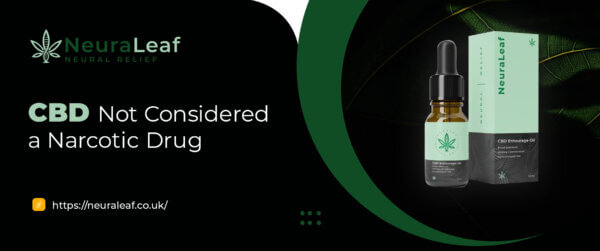CBD Not a Narcotic Drug
CBD is not considered a ‘narcotic drug’ under European law
Cannabidiol extracted from Cannabis plants should no longer be considered a drug, following a judgement from the European Court of Justice (ECJ) in November 2020.
Under the 1961 United Nations Single Convention on Narcotic Drugs, the unauthorised sale of “cannabis flowers” and “extracts and tinctures of cannabis” should fall subject to criminal penalties. However, cannabis flowers and extracts contain several different cannabinoids, with greatly varying concentrations and uses, and so therefore this blanket approach for all cannabis extracts is no longer relevant.
The two most extensively studied cannabinoids are Tetrahydrocannabinol (THC) and Cannabidiol (CBD). THC is known as the main psychoactive component of the cannabis, and is what provides the “high”. Meanwhile, a recent review by the World Health Organizations Expert Committee on Drug Dependence found that CBD ‘has no potential for abuse and no potential to produce dependence’. For that reason, CBD will no longer be considered a narcotic drug under European law.
This ruling stems from a French case, wherein 2017 a court convicted the seller of e-cigarette cartridges containing CBD that had been legally extracted from the whole hemp plant in Czechia, because in France only fibre and seeds are legal hemp. The case was then referred to the ECJ, whereby it was found that, while evidence of the risk to health from CBD was still limited & may justify precautionary restrictive measures, it was inconsistent to apply the marketing ban only to organic, and not synthetic, CBD. The court also stated that CBD extracted from cannabis was not a drug within the meaning of the 1961 Convention; and that the EU industrial hemp regulations were not applicable to the CBD extract, as it is not an agricultural product within those regulations’ definitions.
In recent press briefings following the ruling, the European Commission has also noted that cannabidiol should not be considered a drug, and can indeed be qualified as food, provided the EU Food Safety Regulation conditions are met.
This means that genuine products such as CBD capsules, drops, balms & edibles are now legal across Europe, provided that they contain less than the legal limit of THC.
Read:


